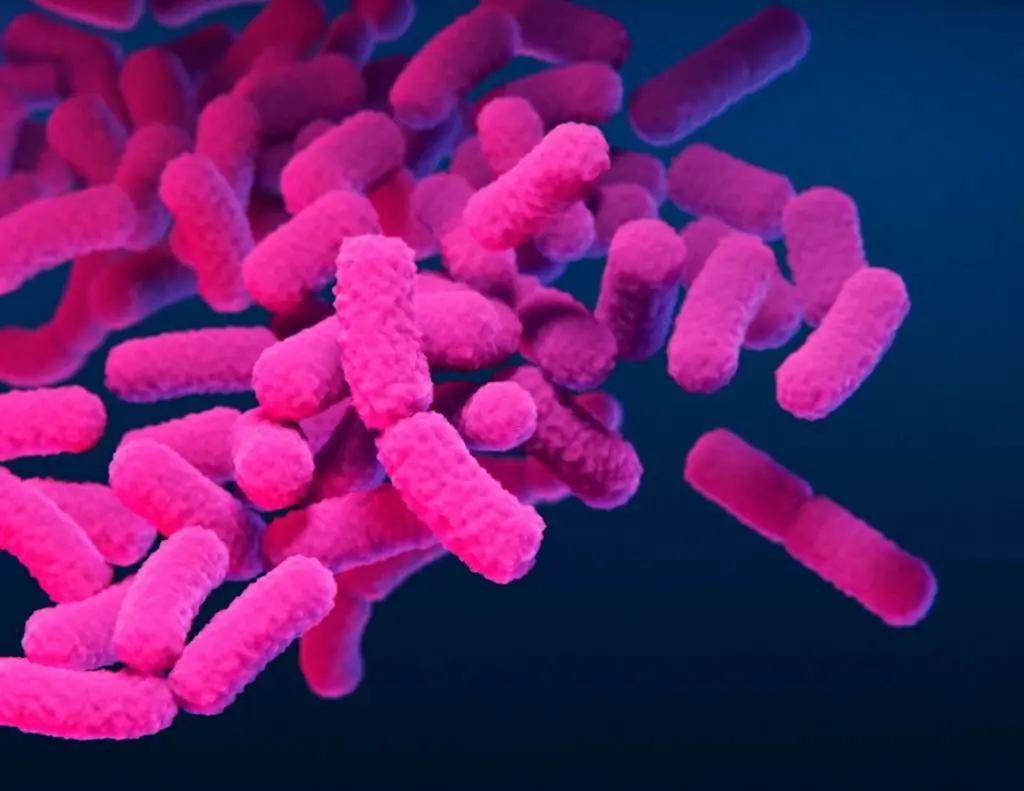The human gut is home to trillions of bacteria that play an important role in our health and wellbeing. These bacteria, collectively known as the gut microbiome, influence many bodily functions such as digestion, immunity, and even mental health. Maintaining a healthy balance of good and bad gut bacteria is crucial. However, certain lifestyle factors and conditions can disrupt this delicate balance, killing off the good gut bacteria. In this article, we will discuss what kills good gut bacteria, how it impacts the body, causes of imbalance, prevention methods, and frequently asked questions.
What Is Gut Bacteria?
Gut bacteria, also known as gut microbiota, are the microorganisms that reside in our gastrointestinal tract. There are over 1000 diverse species that make up the gut microbiome, with the most common phyla being Firmicutes, Bacteroidetes, Actinobacteria, and Proteobacteria. The gut microbiota begins forming at birth and its composition is influenced by mode of delivery, diet, medication use, and environmental factors.

Good gut bacteria play many important roles including:
- Aiding digestion and absorption of nutrients
- Synthesizing vitamins like B vitamins and vitamin K
- Supporting immune function and preventing growth of pathogens
- Regulating gastrointestinal motility
- Communicating with the brain via the gut-brain axis
- Producing short-chain fatty acids that nourish gut cells
How Does It Impact Your Body?
When our gut microbiome is balanced, with a diversity of good bacteria, it provides the body with multiple health benefits. However, when certain factors kill off too much good bacteria, it can lead to:
- Poor digestion and nutritional deficiencies
- Increased inflammation, autoimmune reactions
- Decreased immunity, higher infections
- GI issues like bloating, constipation, diarrhea
- Anxiety, depression, and other mental health issues
- Metabolic disorders like obesity, diabetes
- Skin conditions like eczema, acne
Restoring the good bacteria becomes important to reverse these effects and support overall health.
Causes Of Killing Good Gut Bacteria
There are several factors that can kill off or reduce good gut bacteria:
- Antibiotics – One of the top causes of microbiome disruption. Overuse of antibiotics kills indiscriminately, wiping out populations of good and bad bacteria.
- Poor Diet – High sugar, low fiber diets promote growth of bad bacteria. Too many processed foods lack nutrients for good bacteria to thrive.
- Chronic Stress – Stress hormones and inflammation can alter the gut microbiome, killing good bacteria.
- Infections – Bacterial, viral, and parasitic GI infections adversely affect good gut flora.
- Environmental Toxins – Pollutants, heavy metals, pesticides can be toxic to intestinal flora.
- Hygiene Hypothesis – Too much cleanliness as a child may limit exposure to microbes needed to seed the gut.
- Aging – Diversity of gut bacteria declines with old age.
- Medications – Antacids, NSAIDs, steroids, and immune-suppressants can harm gut bacteria.
Prevention Methods
There are several ways to maintain healthy gut flora and prevent the factors that kill good bacteria:

- Avoid unnecessary antibiotics and take them only when absolutely needed. Consider probiotic supplements after a course of antibiotics.
- Eat a high fiber diet with fermented foods like yogurt, kefir, kimchi that contain probiotics. Prebiotics from foods like garlic, onions, bananas feed good gut bacteria.
- Manage stress with yoga, meditation, exercise, and good sleep habits.
- Stay properly hydrated and avoid foods that cause GI upset.
- Take targeted supplements like L-glutamine, zinc, omega-3s that support gut health.
- Exercise regularly to increase microbiome diversity.
- Get outdoors in nature and around pets to increase microbial exposures.
- Avoid too many cleansing products; wash hands but don’t sanitize excessively.
Conclusion
The gut microbiome is an integral part of our overall health. Imbalances from factors that kill good gut bacteria can have negative impacts on digestion, immunity, mental health, and metabolism. To maintain a healthy gut flora, prevention methods like probiotic foods, managing stress, exercise, and avoiding antibiotic overuse are key. Paying attention to your microbiome and supporting it with a healthy lifestyle habits will go a long way in preventing disease.
FAQ
It can take anywhere from a few weeks to a few months for the gut microbiome to fully recover after antibiotic use. Taking probiotic supplements for 2-4 weeks after finishing antibiotics can help restore good bacteria more quickly. Focus on prebiotic fiber and probiotic foods as well.
Symptoms of poor gut health due to imbalanced bacteria may include bloating, indigestion, constipation, diarrhea, cramps, fatigue, rashes, autoimmune issues, and increased susceptibility to infections. Anxiety, depression and trouble focusing can also occur.
The best probiotic depends on your specific needs, but some good broad-spectrum options include Culturelle, Align, Bio-K+, and Renew Life. Look for blends with multiple strains of Lactobacillus and Bifidobacterium. Get at least 10-30 billion CFUs daily.
Probiotics are generally safe, especially from reputable brands. However, immune-compromised people should exercise caution and talk to their doctor first. Side effects may include bloating, gas, and mild stomach upset at first. Overuse can sometimes trigger infections in rare cases.
Eat a diverse diet focused on produce, fermented foods like yogurt, kefir, kimchi, kombucha, sauerkraut, and prebiotic foods like garlic, onions, leeks, asparagus, bananas, oats. Try to eat 30 different plant-based foods each week for microbiome diversity. Limit sugar and processed foods.

